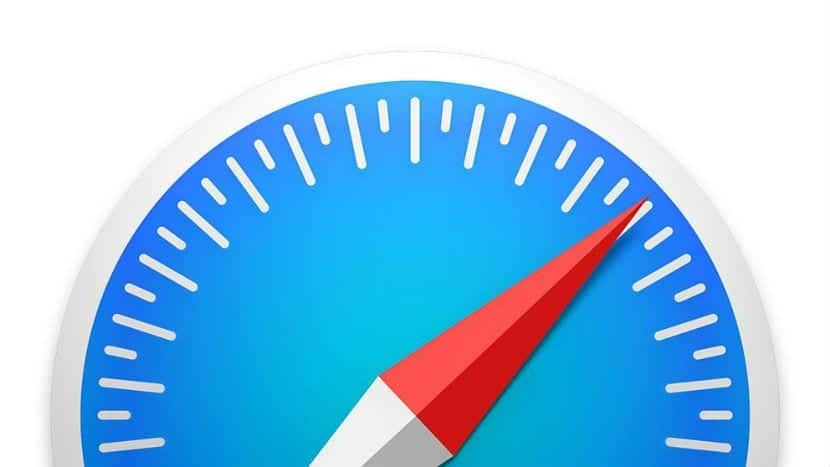
Safari, like most browsers, can make use of different plug-ins, most of which offer us additional services that are not installed natively. One of the best known and maligned is Flash, a plug-in that most browsers no longer support natively, support that we can activate if we need to activate it to visit a website designed with this Adobe technology.
Safari allows us to activate individually or deactivate individually or collectively, so that no plug-in, such as Java, Flash ..., are executed when we are browsing. Nevertheless, the latest version of Chrome, has removed access to plug-ins, so that currently we cannot access them to activate or deactivate them, a very negative point for Chrome that can be expensive, at least among users who have this need.
Before deactivating the plug-ins must be taken into account that they have nothing to do with the extensions, so if we deactivate them, the extensions that we have installed in Safari will continue to work without any problem. The extensions generally modify the operation of the browser whereas the plug-ins are mainly intended to offer multimedia support.
Disable Safari plug-ins on Mac
Disable all modules that run in Safari together it is a very simple process it will only take a few seconds. Here's how to disable them.

- First we open the Safari browser and go to the preferences located within the Safari menu.
- Then we go to the tab Security.
- Now we just have to uncheck the box Internet modules, so that all plug-ins stop working in Safari.
Next we must restart the browser, but to obtain better results and verify that all the plug-ins have really stopped working, the ideal is restart our Mac.